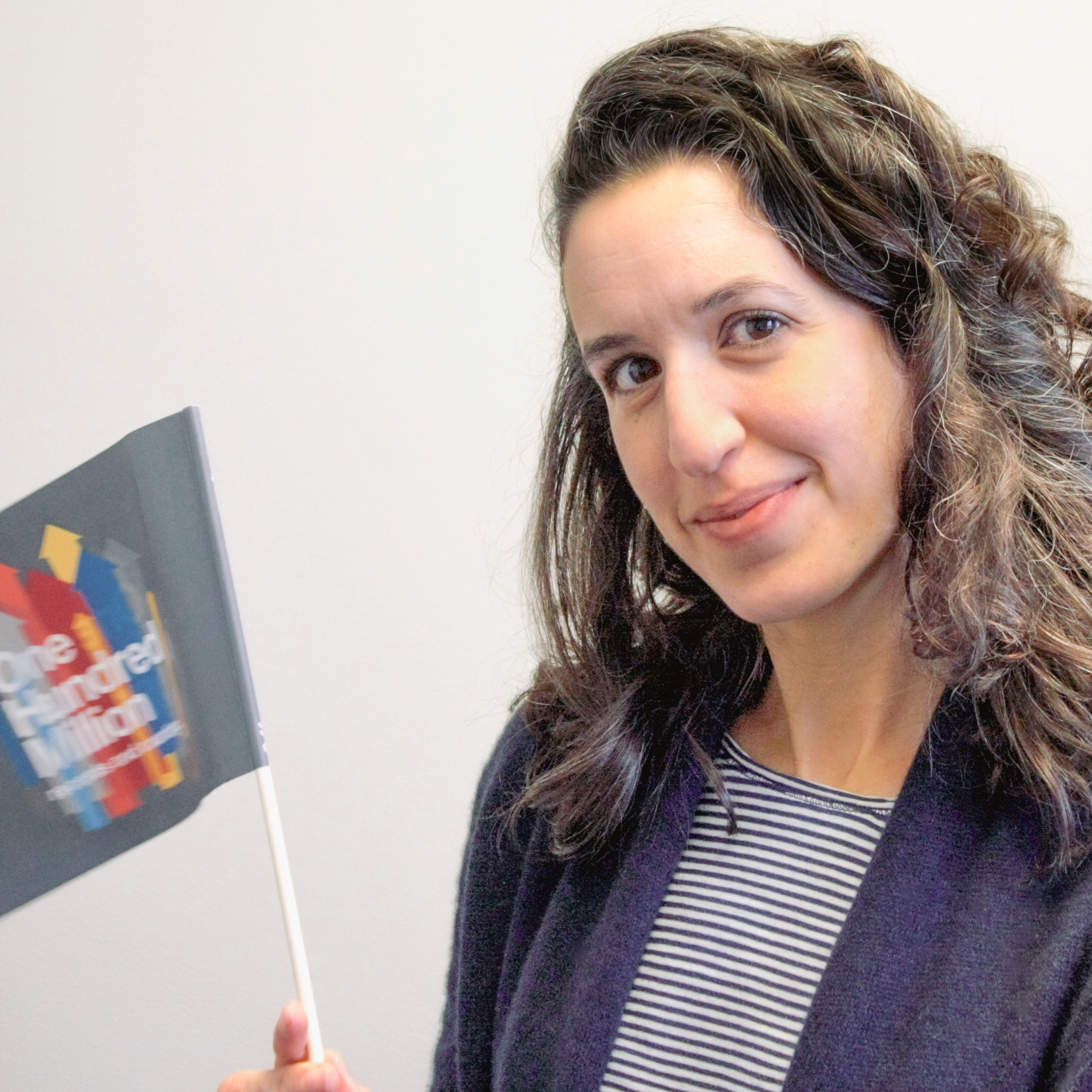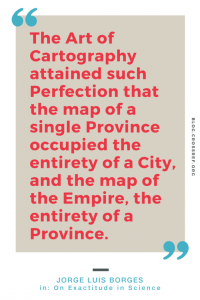2024 April 26
This year's call for expressions of interest to join our board
The Crossref Nominating Committee is inviting expressions of interest to join the Board of Directors of Crossref for the term starting in January 2025. The committee will gather responses from those interested and create the slate of candidates that our membership will vote on in an election in September. Expressions of interest will be due Monday, May 27th, 2024 This is an exciting time to join the board, as we have a number of active projects underway: We are considering resourcing Crossref for a sustainable future and board members will be part of deciding any changes to our fees scheme and overseeing its implementation.










